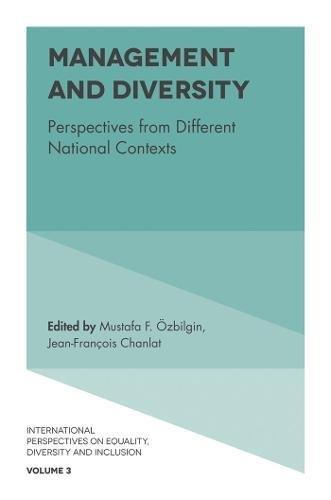Management and diversity: Thematic Approaches Ouvrage collectif
Chapter 9: « Sacred food at work canteen: For a better understanding of religious specificities and their management at the workplace » Par Patrick Banon
Debates over ritual slaughter, sacred food, fasts, and forbidden foods, perpetuated by religion and tradition, are nothing new. Dietary obligations and prohibitions, in all their diversity, have always been the object of comment, critique, or even concern from one human group towards another. The consumption of meat (or its prohibition) has always been about more than its nutritional function. Reducing religious dietary obligations to hygienic or gustatory practices would be an unrealistic attempt to erase the diversity of the procedures which people undertake to give meaning to life, death, and the world, and to locate themselves in relation to “others”. These rites, legitimated by myths, inevitably provoke phenomena of influence, reciprocated within and outside groups. The selection of food – of meat in particular – plays a primordial role as a social marker, the rules of which contribute to the organisation of groups by tracing differences between individuals, between men and women, and between communities. Formerly attached to a totemic group and its territory, then to a religion and its society, dietary practices are globalising and encountering one-another. Questions are now raised about the management, in shared spaces, of a diversity of dietary prohibitions and obligations. These questions are at the core of this chapter, notably, what place should be reserved for dietary particularities in collective catering in human organisations? And what limits should be given to the expectations of each regarding dietary purity or fasting?
ISBN : 978-1-78635-490-7
PVP : 92€
